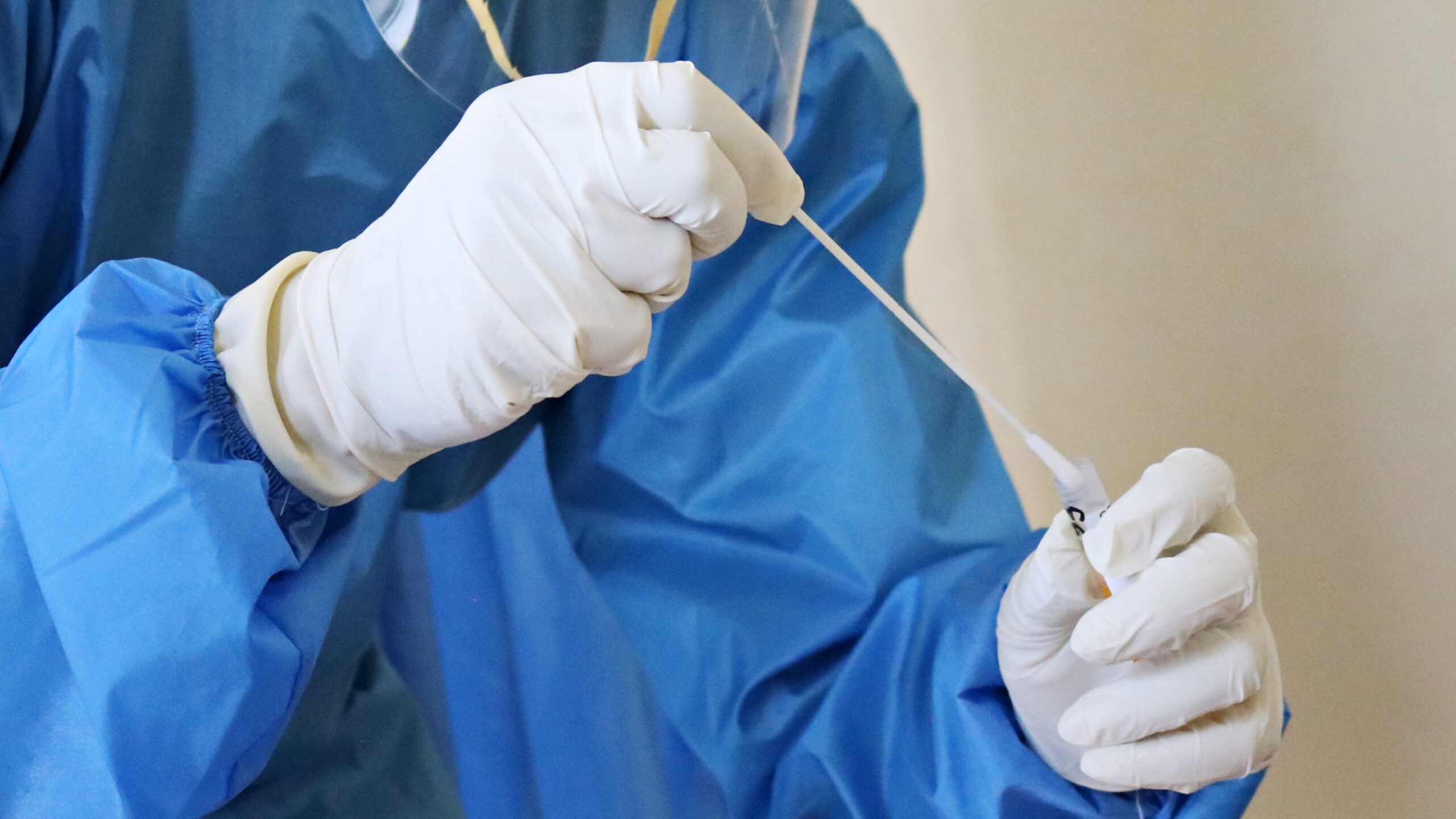Nearly two years into a global pandemic, the world is fatigued fighting a virus that has killed millions across the globe.
Canada appears it was ill-prepared for a virus that would sweep through like wildfire, despite learning what it did during the SARS pandemic when it was discovered in 2003. Now each new COVID variant is more worrisome than the last.
Healthcare is stretched to its limits and people died. Since the onset of the pandemic, nearly three million people have been infected with the virus and almost 33,000 people have died in Canada.
“It’s as if we had not learned anything from the SARS [epidemic],” said Nickel Belt NDP member Frace Gélinas, who is the official opposition health critic in the Ontario legislature.
Gélinas said the province wasn’t ready for the pandemic due to cutting costs. The Ford government cut $100 million from public health in 2019 under the assumption that it wasn’t as necessary as other sectors of the budget.
“The year before [the pandemic], the Ford government really thought that public health is a waste of money, we’re going to go from 34 Public health units down to 10 and save $100 million,” she said.
“In January 2020, public health got cut $100 million…and then in March 2020, the pandemic hit,” Gélinas said.
Bill Gates during a 2015 TED Talk discussed the world and the U.S.’s response to the Ebola virus and potential future pandemics. He said the world wasn’t prepared for a potential pandemic, and the next time the world sees a shocking number of deaths, disease would be the culprit.
“If anything kills over 10 million people in the next few decades, it’s most likely to be a highly infectious virus rather than a war,” Gates said. “Not missiles, but microbes.”
He was right.
John’s Hopkins University reported since COVID-19 data started being recorded globally, there have been almost 360 million cases and more than 5.6 million COVID-19-related deaths.
The numbers continue to climb at a staggering rate as the world deals with a variant – Omicron – that has reproduced faster than any variant before it, according to Ontario’s Science Advisory Table data.
President Barack Obama expanded the National Security Council (NSC) to include the Directorate of Global Health Security and Biodefense in 2014. The unit was primarily responsible for pandemic preparedness and was formed in response to growing criticism about the administration’s response to the Ebola virus outbreak.
The unit was disbanded and its response playbook was discarded in 2018 under President Donald Trump.
Gélinas said adopting a body to oversee potential pandemics isn’t necessary, as Canada’s Public health system is different than that of the United States. What works for them doesn’t necessarily work for Canadians.
But Gélinas said that to remain prepared, the best thing is to ensure that the public health system is strong through consistent funding and listening to the experts.
One of the many steps Canada took in reaction to the evolving pandemic was in February 2021, when the federal government announced plans to produce millions of the “Novavax” COVID-19 shot domestically.
Up to that point, Canada had spent much of its time procuring vaccines from companies like Pfizer, Moderna, AstraZeneca and Johnson & Johnson.
“This is a major step forward in getting vaccines made in Canada for Canadians… We need as much domestic capacity for vaccine production as possible,” Prime Minister Justin Trudeau said in February.
Erin Mandel, an official at Toronto Public Health, said Canada needs to continue to invest in domestic production but that the onus shouldn’t fall solely on governments to secure those abilities.
“I think it is the pharmaceutical companies’ responsibilities to figure out ways to get their products made in as many countries as possible in a pandemic,” Mandel said. “Pfizer could’ve sold the rights or patents or rented them out to Sanofi (a Canadian vaccine manufacturer) for production here, in the same way AstraZeneca did with manufacturers in India.”
Ontario’s healthcare system has suffered major strains throughout the pandemic. Nurses and doctors, exhausted from the stress of the various waves, were starting to catch COVID-19 in droves.
Two weeks ago, William Osler Health System announced an urgent care centre in Peel would temporarily close due to “extreme capacity and staffing shortages,” amid the COVID-19 surge.
“Due to increasing volumes in our Emergency Departments, further compounded by our extreme capacity and staffing pressures, Osler has made the very difficult decision to temporarily close its Urgent Care Centre at Peel Memorial until at least February 1, 2022,” a statement issued on the William Osler Health System website said.
In reaction, the Ontario government announced internationally educated nurses would be permitted to register for positions at hospitals throughout the province.
Malli Zworth, a pediatric hematology and oncology nurse at the Hospital for Sick Children, said there’s a large group of professionals sitting with accredited degrees who are eager to pitch in and help but can’t.
“The staffing shortages at hospitals are frightening,” she said. “Most just want to help alleviate the stress healthcare professionals are feeling on a daily basis.”
Gélinas said future pandemic responses need to value public health policies and workers. That comes with proper funding and an understanding that public health isn’t sexy but is necessary.
“Most people didn’t know public health had been turned on its head until we needed them,” Gélinas said.

